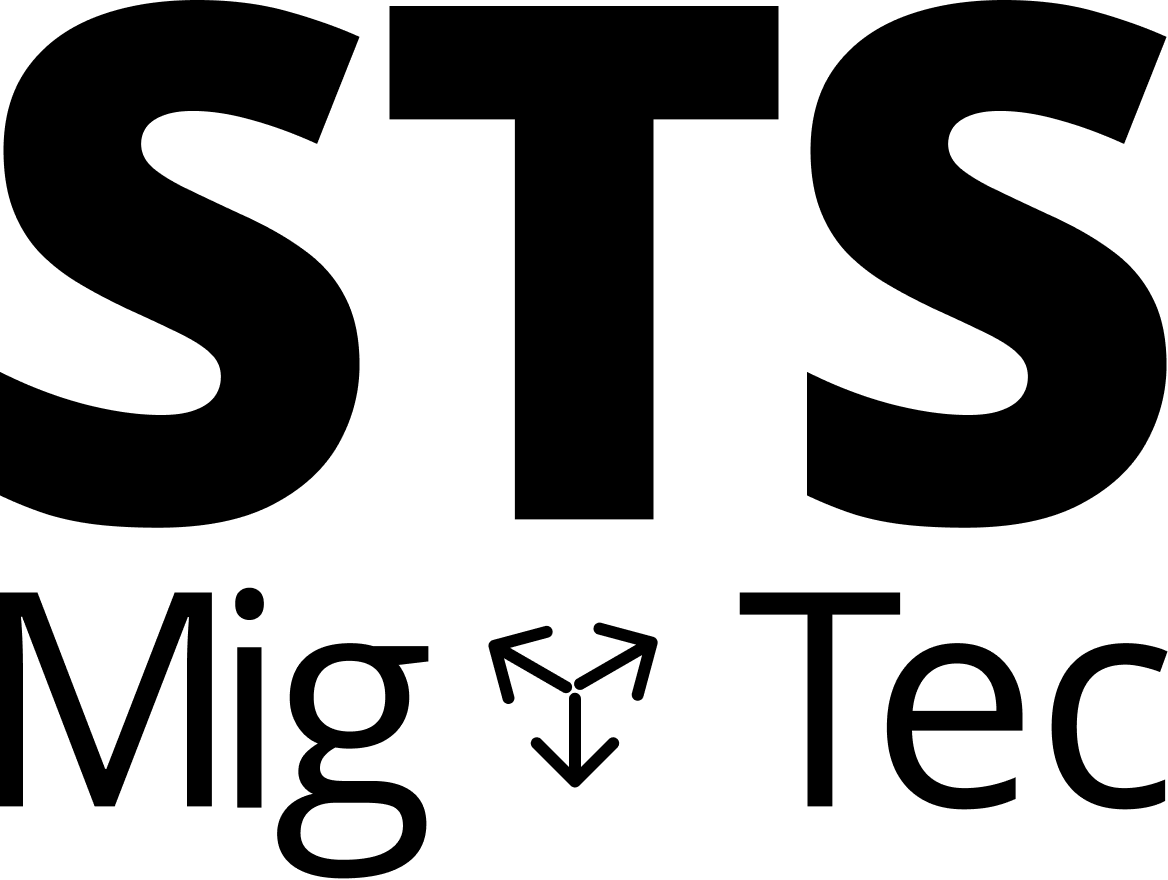Online with Philippa Metcalfe, ESRC Postdoctoral Fellow at the Department of Politics and International Studies, University of Warwick.
Drawing on ethnographic data from fieldwork in the UK and Greece, Philippa conceptualises (dys)functional data infrastructures as a tool through which opaque policy outcomes are achieved; used to dispossess illegalised migrants of basic rights after they have crossed the external borders of Europe, whilst also becoming a means of legitimising ongoing investment in technological systems which serve to benefit private interests. Through doing so, she explores what is at stake when we discuss the harms of datafied borders. She discusses the use of Skype in Greece, which was in operation until 2021 and presented as a practical tool for registering asylum claims, as well as the MESH data infrastructure used in the British healthcare system where personal data are shared between the NHS and the Home Office, presented as a means of enforcing chargeability checks. In both instances, the technological infrastructure seemingly failed to fulfil the stated policy purpose of offering a practical way to apply for asylum or recouping healthcare costs. Instead, in Greece, many found the Skype system became a barrier to accessing asylum, and in the UK, people became wary of accessing healthcare over fears of becoming visible to the Home Office and consequently detained. Whilst borders are themselves a “tool in a global order predicated on colonial and racial forms of (dis)possession” (Brito 2023, 10), through focusing on the exclusionary and colonial logics that underpin asylum and immigration policies in Europe (El-Enany 2020; Squire 2009), Philippa draws on a framework of dispossession to conceptualise how datafication “creates the conditions for a new apparatus of racialised dispossession” (Gray 2023, 3) through (dys)functional technological systems. She argues that the (dys)functionality of these infrastructures is intrinsic to fulfilling harmful policies in a way that distances the state from enacting violence, thus avoiding a level of public scrutiny. Finally, Philippa argues that this simultaneously legitimises further development of these technologies, where the use of datafied controls is never questioned, but rather corporate actors position themselves as experts who can fettle and fine tune (dys)functional technological systems.
Sign up for the event using the form here: https://forms.gle/1MEWHgpur66zEFEB6
